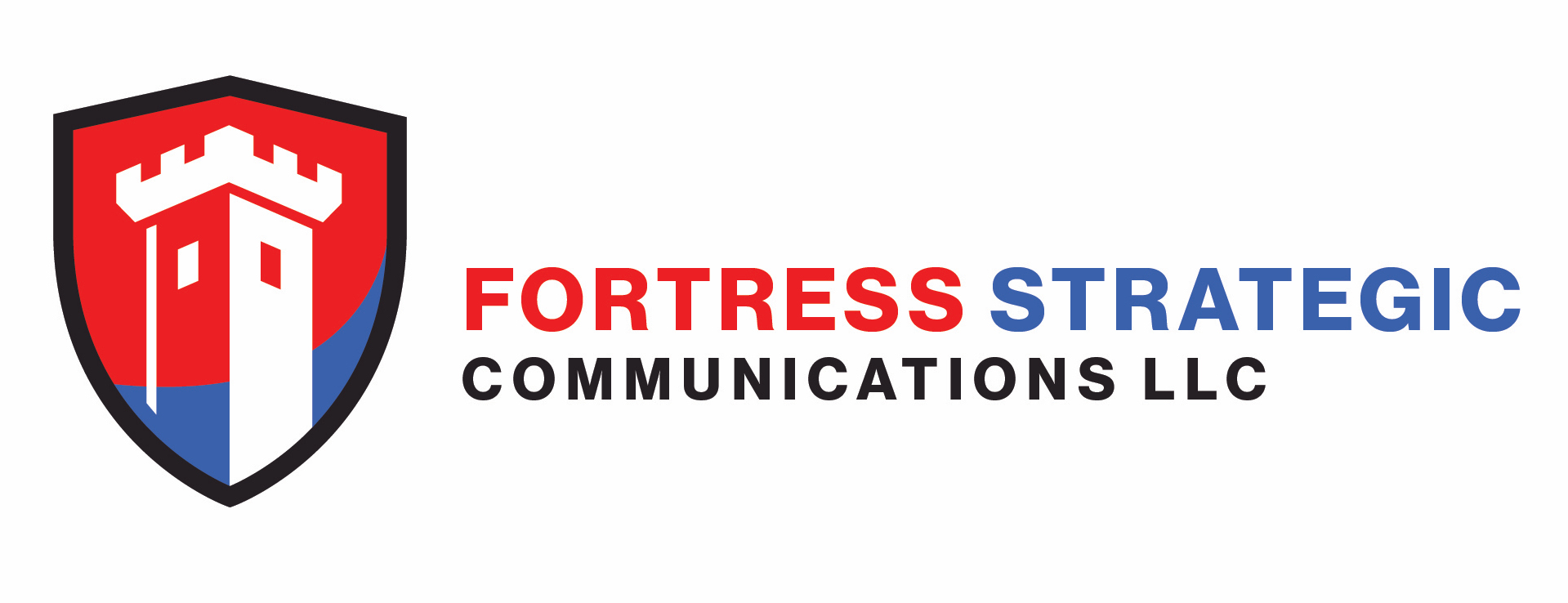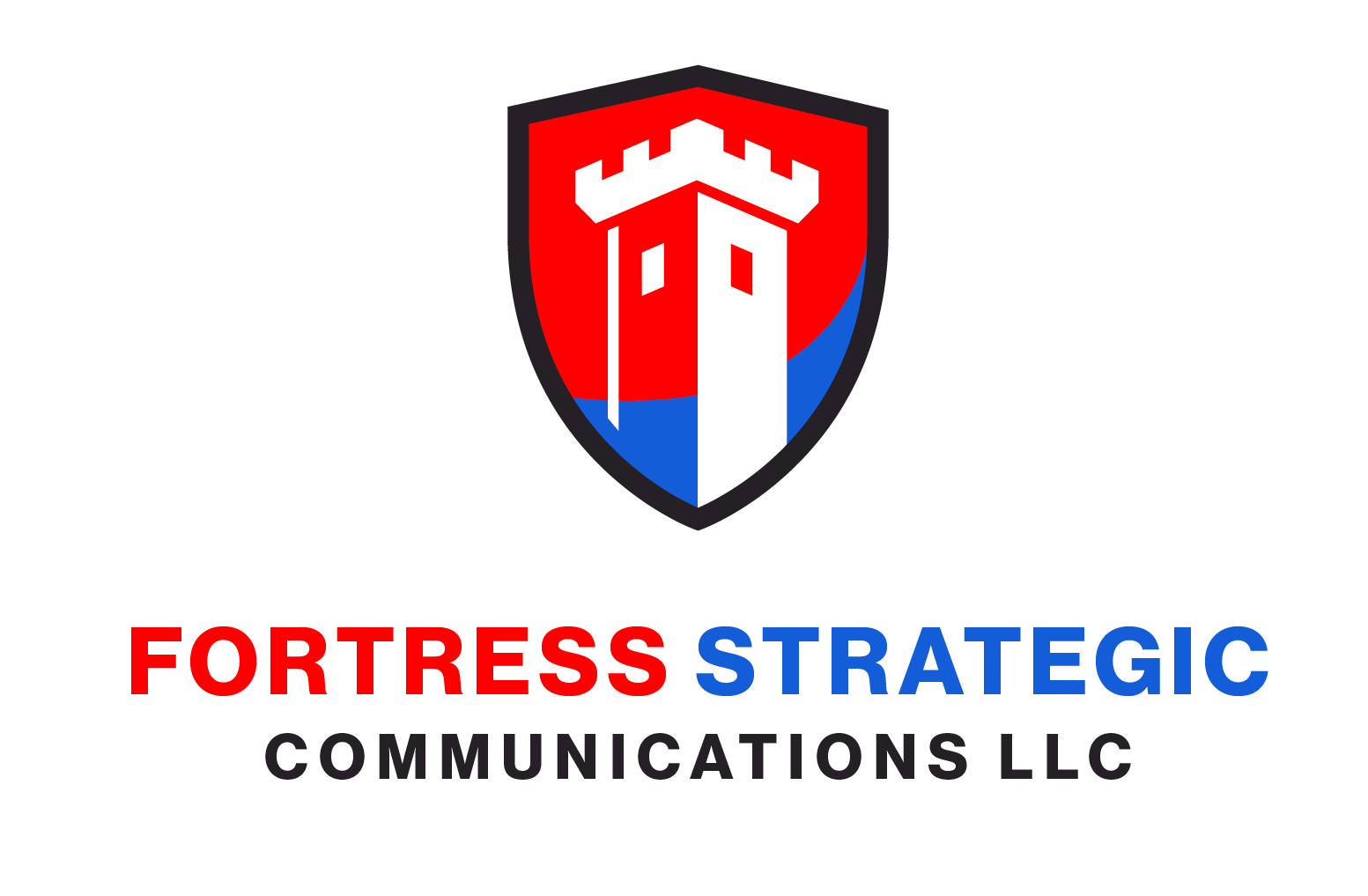Terror Attacks And Restoration Of Brand Trust
The recent terror attacks in Tunisia at Marhaba beach highlight the importance of one of the most overlooked aspects of crisis management: the post-crisis stage.
Of course all stages of crisis management are crucially important to successful outcomes. Typically, in the “before” stage, vulnerability audits are initiated, plans written and tested, exercises held, and media training rolled out. When a crisis strikes, crisis plans are implemented, decisions are made and revised as events unfold, and crisis management teams respond both reactively and proactively as new circumstances emerge.
After a crisis has passed, it is natural for companies and crisis teams to breathe a sigh of relief and simply return to business as usual. Some companies engage in a full post-mortem and make necessary changes to their business and crisis plans. But many do not bother. They return to standard PR practice, churning out press releases, tracking editorial calendars, and launching products and services.
Many overlook major consequences that can damage a company in the aftermath of a crisis. For example, even if the company involved in the crisis did nothing wrong, the press surrounding the issue may have generated a major decrease in trust of the company, its brand, and its values among its target market. In such a case, stakeholders will need more than just the usual PR to restore their faith.
Back to Tunisia. A 23-year-old ISIS militant took the lives of 38 (at the time of this article) innocent tourists doing what many of us yearn for–relaxing on a beach in the sun. Now that the chaos and bloodshed is over, Tunisian authorities and hotel owners where the attack took place have their work cut out for them. News of the attack has shot around the world, and tourists have been evacuated from the area.
The Tunisians will have to find ways to restore faith and trust in their ability to provide a safe experience for travelers. Faith and trust cannot be reclaimed with a press release, a captioned photograph, a sentimental Facebook post, and a few tweets! While social media is a useful conduit for informing stakeholders, it is not the be-all and end-all of rebuilding and establishing trust.
A mature response following a critical event calls for creative approaches to rebuilding trust:
Accept that you need to put customers and stakeholders first. Profit should take a back seat for a while. Through carefully chosen words and actions, you must show that lives matter more than money.
- Be committed to holding a full, unbiased investigation into the critical event and implement necessary changes, no matter how burdensome.
- Cooperate with all law enforcement and regulatory authorities.
- Work with an unbiased third party such as a private investigator, insurance company, and/or security contractor to tackle the threat and assess correct and incorrect actions. Jonathan Levy, Managing Director of Condor Security Enterprises, a specialist global security and training consultancy, says that while it is important for a company to review security system capabilities on a regular basis, a review is especially critical after a major event such as the Tunisian attacks. Levy asserts that companies who publicize that they are working with international or local experts to review protocols demonstrate how seriously they view the crisis and how much they value their stakeholders as people.
- Once the experts and law enforcement have conducted their investigation, be transparent with the findings to demonstrate integrity and reliability.
- Take significant steps to set up mechanisms to ensure that in the future similar issues will be prevented and/or intercepted in their earliest phase in order to minimize harm. Publicize only the steps that you can at the appropriate time using messaging toned accordingly. Levy observes that it important to publicize steps taken, as your adversaries will have gleaned a lot of background knowledge in their information gathering and target selection phase. He also points out, however, that business owners should not publicize anything that is not factual and consistent with their capability levels. He advises companies to find ways to publicize changes without giving away specifics that could compromise them at a later stage.
- Monitor all public and stakeholder communication, feedback, and sentiment, and respond appropriately. Make sure messaging is not self- promotional. Address all concerns professionally, even seemingly trivial ones.
- Apologize sincerely and succinctly and compensate appropriately. Remember, you still can be responsible and concerned without accepting liability if you are not liable. If you do find yourself in a time and place where you need to accept liability, do so with as much grace as possible, and rely on your lawyers and insurance consultants for guidance.
- Determine the level of lost trust and faith and implement a PR campaign built on openness and integrity. Identify key thought leaders and catalysts in the market and brief them on strategies and actions taken to try and ensure a crisis of this magnitude will not happen again. Do not treat this stage as a marketing strategy! Smart observers will see through your ploy and you will reap negative consequences.
- Understand that it will take a while to reconnect with your former customers. It may be more challenging to attract new customers. Invest the time. Be there for them. Listen and respond accordingly.
Establishing, building, and maintaining trust is an essential component of effective public relations. It is a complex, ongoing process that calls for an intelligent, committed investment that will pay off for years to come.
—ENDS—
Based in Syracuse, N.Y., Fortress Strategic Communications provides specialized strategic public relations and crisis communications consulting to companies that offer products, services, and solutions designed to manage and mitigate all types of risk. The company is able to draw on a combined 20 years of global experience from its executives in a wide array of vertical markets. For more information please visit: www.fortresscomms.com




